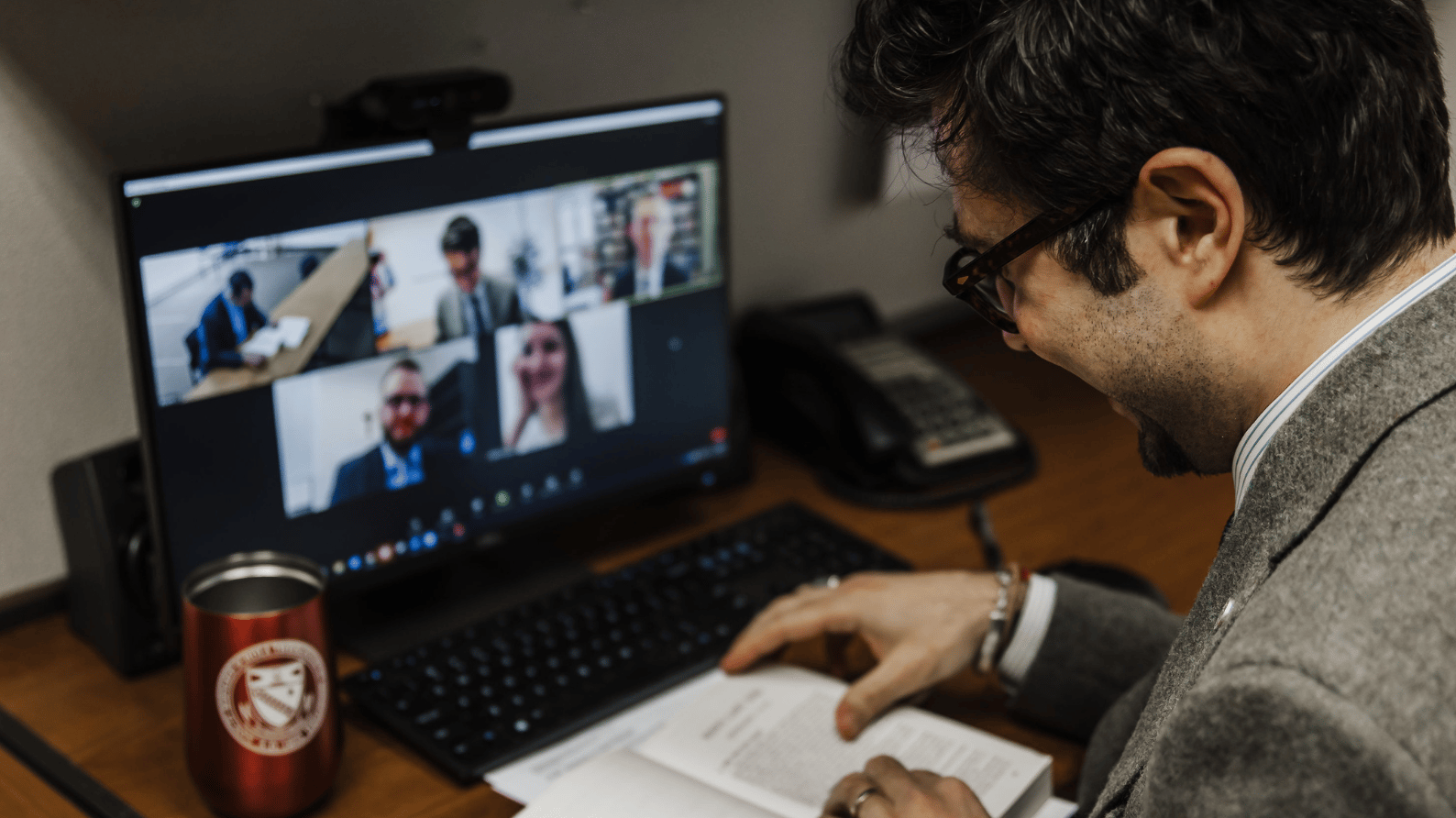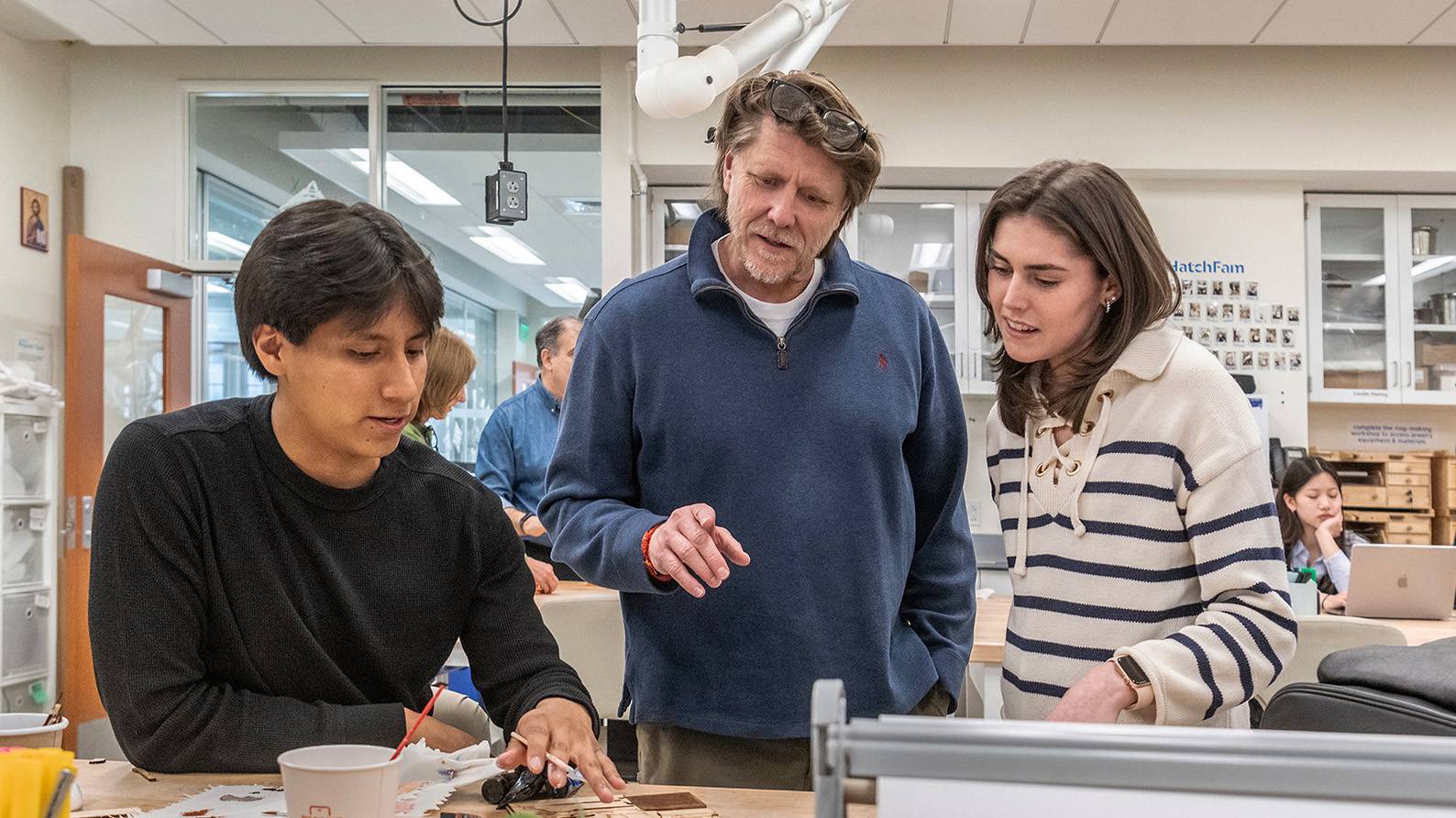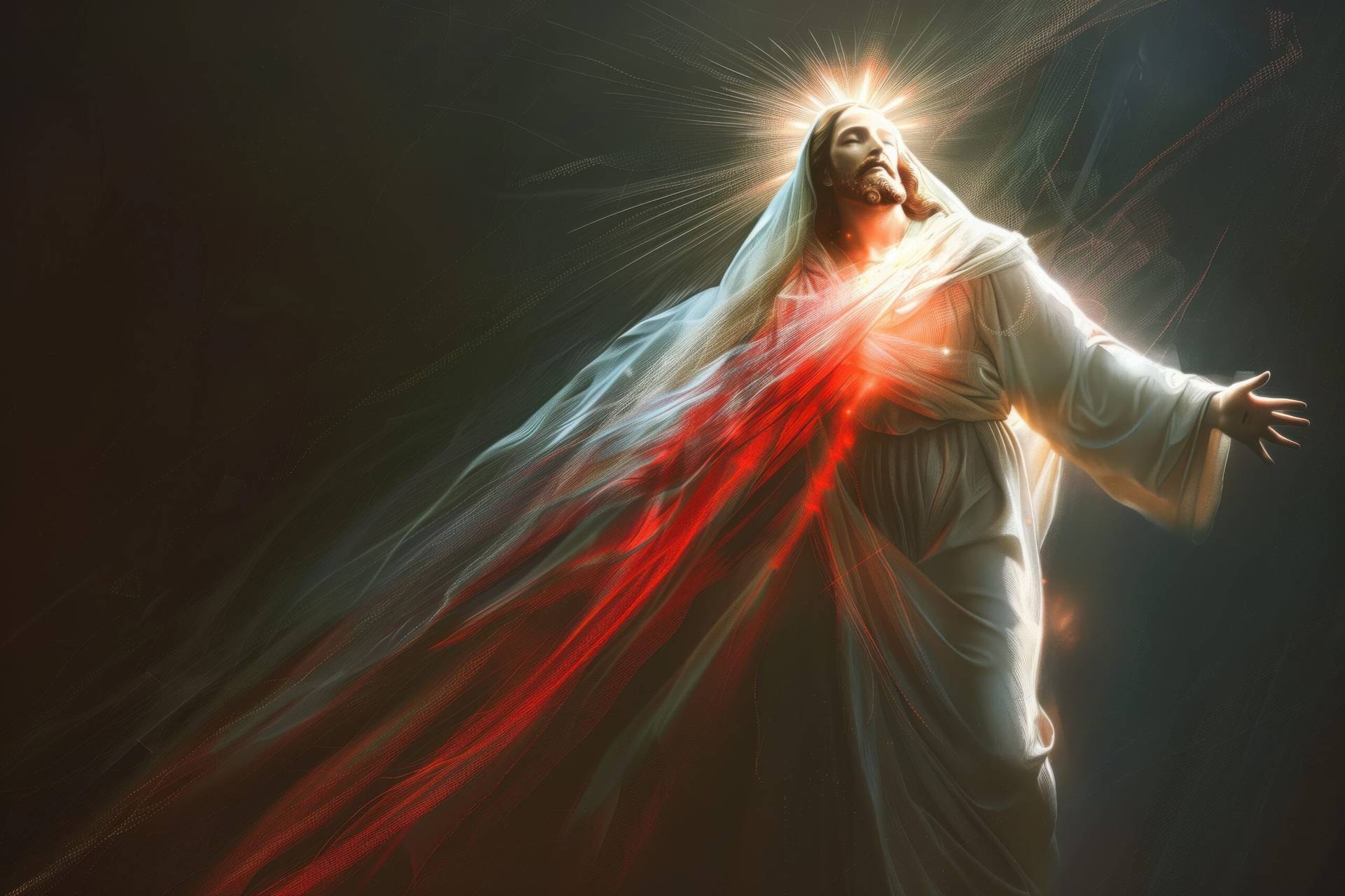[Note: The following is paid advertising.]
While Fordham theologian Elizabeth Johnson has published several groundbreaking books and much has been written about her work, Elizabeth Johnson: Questing for God is the first book to tell Johnson’s own life story.
Written by veteran Catholic journalist Heidi Schlumpf, the bio is the latest volume in Liturgical Press’s popular People of God series.
Here Schlumpf talks about her experience of researching and writing the book, the most interesting aspects of Johnson’s life story, Johnson’s personal experience of the well-known USCCB’s criticism of her work, and more.
It’s one thing to read books of theology written by Elizabeth Johnson. Why might someone wish to read a book about her life?
Schlumpf: Elizabeth Johnson is one of the “founding mothers” of Catholic feminist theology, along with women like Mary Daly, Elisabeth Schussler Fiorenza, Rosemary Radford Ruether and others. I am so grateful for their work – and it’s been so crucial for the church. I remember Johnson’s groundbreaking She Who Is being eye-opening for me when I studied theology. In fact, I wrote a paper about it in my Systematic Theology course.
Yet it’s also valuable to hear these pioneering women’s life stories. In fact, women’s stories are essential to feminist theology. Some of these feminist scholars have shared their stories in autobiographies, but Johnson told me she had no interest in writing an autobiography and instead wanted to focus on her theological writing.
What person or event was particularly formative for Elizabeth Johnson as a Christian and a theologian?
I don’t want to give away all the good stories in the book, but I would definitely say the loss of her father early in life affected her tremendously. She was very close to him, and his unexpected death was her first experience of deep suffering. It affected her spiritually and eventually influences her decision to study Christology.
Later in life, her feminist awakening and having tenure challenged in her first teaching position also had a huge impact. Both happened while she was at the Catholic University of America and are explored in two chapters in the book. Becoming a feminist and fighting against the unfair challenge of tenure made her more determined to speak out against injustice, especially against women in the church.
What did you learn about Elizabeth Johnson that surprised you the most?
I really enjoyed hearing the stories about her childhood growing up in Brooklyn. I talked not only to her about her early life, but also to her siblings and childhood friends. I also had access to the archives of her papers at the University of Notre Dame Library, which were extensive and very well organized.
It was amazing to see her handprint in her baby book, stories she wrote in elementary school, and the gold stars on her early report cards. I included a lot of these details in the book.
Some of her detractors might be surprised to learn that she has very fond memories of the pre-Vatican II church, where her early faith was nurtured. Of course, she also was very grateful for the Second Vatican Council and suspects she might not have stayed in religious life without it.

One of Johnson’s colleagues whom you interviewed for the book spoke of the way Johnson’s work builds a bridge between the classical Catholic tradition and modern insights like feminism. How do you see this?
This is Johnson’s greatest contribution, in my opinion. She is thoroughly grounded in the Catholic tradition, yet she is able to find new ways for the tradition to speak to women and other oppressed groups, and to the issues of our time, like the environment.
For example, in She Who Is, she uses the Hebrew Scriptures and church teaching on the Holy Spirit to argue for feminine images of the Divine. In Ask the Beasts, she puts Thomas Aquinas and Charles Darwin in conversation to address the environmental crisis.
Johnson loves Aquinas and Karl Rahner, and really knows her classic and contemporary theology. I loved sitting in on one of her seminars at Fordham University and talking to her students, who see her as something of a theological “rock star.”
But she also recognizes that theology is not just something done a long time ago by people who are now dead. Theology is a living thing – and she is, quite frankly, one of the leading Catholic theologians of our time.
What did the USCCB criticisms of Johnson’s work mean to her personally? What was the experience like for her?
It’s precisely because of Johnson’s great love for and dedication to the Catholic Church that the USCCB criticism was so painful for her. It’s been several years since that incident, so she was able to talk about it with some distance, but it was obvious to me how much that public rebuke hurt – after she has literally given her life to the church.
The good that came out of it, however, was the overwhelming support she received from people from so many walks of life: colleagues, other theologians, women religious, priests and even some bishops, former students, lay Catholics. There are literally boxes in the archives filled with letters of support from that time.
In the end, I think the U.S. bishops’ criticism of Quest for the Living God will be seen as part of a series of unfair attacks on women religious during that time in our church’s history.
What have you personally learned from writing about Elizabeth Johnson?
I am honored to have had the chance to help tell Elizabeth Johnson’s story. Talking to her about her own spiritual journey sparked a renewal in my own, reminding me that the “quest” for God is every Christian’s life work. The way she has wrestled with who God is throughout her life really inspires others to continue their own “questing for God.”
















